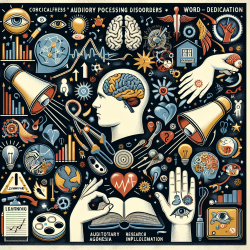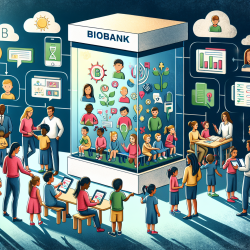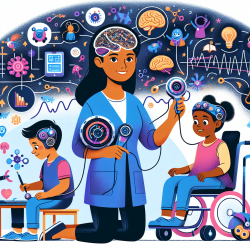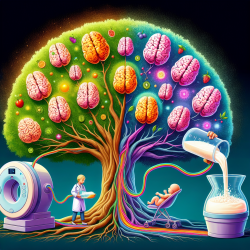Introduction
Collaborative Problem Solving (CPS) is a critical skill in today's educational and workplace environments. As the demand for CPS capabilities increases, innovative approaches for assessing these skills become essential. Traditional assessment methods, such as multiple-choice questions, fall short in capturing the dynamic and interactive nature of CPS. This blog explores the findings from the research article "Exploring Automated Classification Approaches to Advance the Assessment of Collaborative Problem Solving Skills" and discusses how practitioners can leverage these insights to enhance their skills and improve outcomes for children.
Automated Approaches to CPS Assessment
The study highlights the use of computational linguistic methods to automatically characterize students' CPS skills. By comparing automated approaches with traditional human annotation, the research demonstrates the potential of automated methods to streamline the assessment process. Automated classification, driven by machine learning algorithms, can identify CPS behaviors with substantial accuracy, offering a viable alternative to the labor-intensive human-driven approaches.
Implications for Practitioners
For practitioners, especially those involved in online therapy services like TinyEYE, integrating automated CPS assessment tools can significantly enhance the evaluation process. Here are some practical steps to consider:
- Incorporate Automated Tools: Utilize automated assessment tools to evaluate students' CPS skills efficiently. These tools can provide real-time feedback, allowing for timely interventions.
- Focus on Skill Development: Use the insights from automated assessments to tailor interventions that target specific CPS skills, such as communication, negotiation, and problem-solving.
- Encourage Further Research: Stay informed about the latest advancements in automated assessment technologies and explore opportunities for further research to refine these tools.
Conclusion
The integration of automated classification approaches in CPS assessment represents a significant advancement in educational practices. By leveraging these technologies, practitioners can enhance their assessment capabilities, leading to better outcomes for children. As the field continues to evolve, ongoing research and collaboration will be crucial in optimizing these tools for diverse educational contexts.
To read the original research paper, please follow this link: Exploring Automated Classification Approaches to Advance the Assessment of Collaborative Problem Solving Skills.










